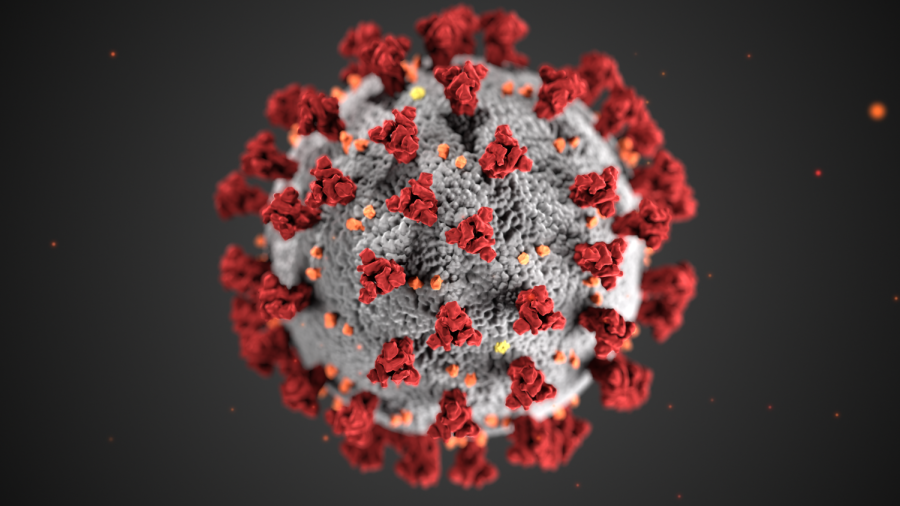What Covid-19 Has Taught Medicine Over the Past Year
April 15, 2021
It has been almost a year since the deadly pandemic surfaced to the human population. Out of approximately 111 million cases world-wide, 62.7 million people have recovered and yet, some 2.46 million have died as a result of the virus..
In the beginning, medical science knew very little about the devastation COVID-19 would wreak. Many questions were left unanswered for months; how does this virus affect various organisms throughout the body? What is the recovery rate and what medication, if any, seems to help? How does the virus attack one’s system to the point of death? It seemed the questions continued to grow with very little answers until l new information recently came to light.
It is now known that everyone’s body reacts differently to the virus. Some people will become severely ill to the point of death, others suffer mild to moderate symptoms, and some don’t experience symptoms at all. more susceptible to the virus.
But, what exactly separates those who have a more extreme reaction to those who make a full recovery?? According to Micheal Betts from the University of Pennsylvania, it could be the significance of how people wear masks. Betts theorizes that while the masks may not limit the severity of the illness, masks do, however, reduce the number of virus particles that a person ingests. This in turn, could enable the body’s immune system to stop an infection before it builds up, becoming more dangerous and lethal compared to before it entered the system.
Not only would it be unethical to directly test this theory, but it would also be extremely dangerous to the test subjects themselves. However, ongoing experiments in hamsters have proved to show that higher “doses” of the virus do lead to a more severe effect. But, on the flip side, there has been enough evidence to suggest that wearing a mask can increase the proportion of infections with little to no symptoms.
Our genes have the ability to determine how much interferons – a type of protein found in our immune systems that “interferes” with the process of infection – can be produced, likely as a result of various infectious diseases that our ancestors survived. This number then makes every individual’s reaction to the virus dependent on the ability of the immune system to fight off the virus itself. This is also what makes everyone’s reaction unique. The newest CDC guidelines encourage everyone to double mask, which will protect yourself and others from the virus, including the virus variants that are going around too.


